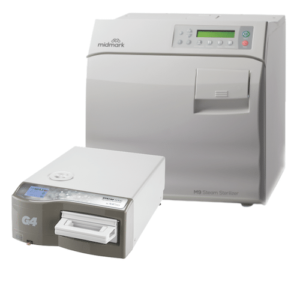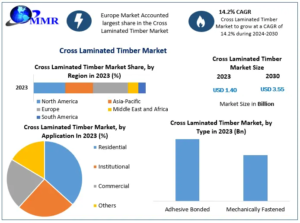
The Philippines, with its growing economy and strategic location in Southeast Asia, has become a prime destination for local entrepreneurs and foreign investors alike. Establishing a business in the country offers various opportunities, from its expanding consumer market to government support for small and medium enterprises (SMEs). However, to legally operate, businesses must go through a formal registration process. This guide will walk you through the essential steps of business registration Philippines.
1. Choose Your Business Structure
The first step in registering a business is determining its structure, as each type has different legal and tax implications. Below are common types of business structures:
- Sole Proprietorship: Owned and managed by a single individual. This is the simplest structure with fewer regulations and lower start-up costs.
- Partnership: Owned by two or more individuals who share management and profits. Partnerships may be general or limited.
- Corporation: A legal entity separate from its owners. There are two types:
- Stock Corporation: For profit, with shares of stock distributed among investors.
- Non-Stock Corporation: Organized for charitable, religious, or educational purposes.
- One Person Corporation (OPC): A relatively new structure that allows one individual to form a corporation without needing partners or co-owners.
2. Registering the Business Name
Once you’ve selected a business structure, the next step is to register your business name. The registration process differs depending on the type of business:
- Sole Proprietorship: You must register with the Department of Trade and Industry (DTI). Your business name must be unique and descriptive of the nature of your business. You can do this online through the DTI website.
- Partnerships and Corporations: You must register with the Securities and Exchange Commission (SEC). The business name should be checked for availability on the SEC’s online platform.
3. Secure Required Permits and Licenses
Once your business name is registered, you will need several permits to operate legally. These include:
- Barangay Clearance: Secure this from the barangay where your business will be located. It certifies that your business complies with local rules and ordinances.
- Mayor’s Permit (Business Permit): Issued by the local government unit (LGU), it allows your business to operate within the municipality. Requirements vary per LGU but generally include DTI/SEC registration, Barangay Clearance, and lease contracts (if applicable).
- Tax Identification Number (TIN) and Registration with the Bureau of Internal Revenue (BIR): Register your business with the BIR to obtain a TIN. This registration is crucial for issuing official receipts, filing taxes, and other tax-related matters.
- Other Special Licenses: Depending on the nature of your business, you may need additional permits from regulatory bodies, such as the Food and Drug Administration (FDA) for food businesses or the Department of Environment and Natural Resources (DENR) for businesses with environmental impact.
4. Open a Corporate Bank Account
For corporations and partnerships, opening a corporate bank account is necessary for handling business finances. Most banks will require the following:
- SEC registration documents
- Mayor’s permit
- Tax Identification Number (TIN)
- Articles of incorporation
- A board resolution (for corporations) authorizing the account opening
5. Social Security System (SSS), PhilHealth, and Pag-IBIG Registration
All businesses are required to register their employees with the following government agencies:
- Social Security System (SSS): For employee benefits such as pension, sickness, and maternity leave.
- PhilHealth: For health insurance benefits.
- Pag-IBIG Fund: A housing and mutual fund for Filipino employees.
6. Comply with Ongoing Requirements
Once registered, businesses in the Philippines are required to comply with ongoing reporting and tax obligations. These include:
- Annual BIR Tax Filings: Depending on your business type and earnings, you will need to file monthly, quarterly, and annual tax returns.
- SEC Annual Reporting (for Corporations and Partnerships): Corporations are required to submit financial statements and a General Information Sheet to the SEC every year.
- Renewal of Business Permits: The Barangay Clearance, Mayor’s Permit, and other permits must be renewed annually. Failing to renew can result in penalties or business closure.
7. Additional Considerations for Foreign-Owned Businesses
Foreigners or foreign corporations looking to register a business in the Philippines must also comply with specific rules, such as:
- Ownership restrictions in certain industries (Foreign Investment Negative List)
- A minimum capital requirement (usually USD 200,000) unless qualifying for exemptions under the Retail Trade Liberalization Act or other laws
- Potentially working with the Board of Investments (BOI) or Philippine Economic Zone Authority (PEZA) for investment incentives
Conclusion
Registering a business in the Philippines involves several key steps, but the process is manageable with the right guidance. Understanding the business structure, registering with the correct agencies, and ensuring compliance with legal requirements are crucial to a smooth start.






